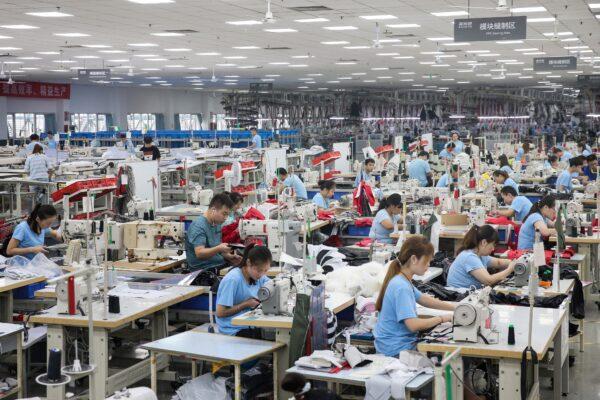Shein, China’s ultra-fast fashion online store and the most downloaded shopping app in the United States, is hit with a new lawsuit as it faces criticism for the alleged poor treatment of its workers.
The Path to Ultra-Fast Fashion
Shein saw astronomical growth since 2015, gaining about 177.5 million app downloads across the world in 2021, according to Statista’s report. Shein’s main customer bases are in America, Australia, Europe, and the Middle East. The company does not have any domestic customers in China.There’s little public information about the company and its founder, even in the Chinese media.
The founder, Chris Xu, started as a wedding dress e-tailer with a platform, SheInside.com, in 2008. In 2012, the company changed its name to Shein. Xu and his associates have kept a low profile.
However, the company’s success has been under scrutiny.
While its success is the result of the Chinese logistics market, warehouse automation, online influencers, and super low prices, the negative side of the operation received minimal attention from mainstream media.

Unethical Labor Practices
The company’s speedy production came under scrutiny when a TikTok user uploaded a video in May, revealing unethical labor practices.The video shows various Shein products shipped to consumers that contained notes from workers, asking for help and raising public awareness about their plight.
One note (initially written in Chinese and translated to English) reads: “SOS! SOS! SOS! We are prisoners in Xiangnan Prison, Hubei Province, China. We have long been producing clothing for export. We work 15 hours a day and eat food that is inferior to what pigs and dogs would eat. We call on the international community to condemn the Chinese government for its violation of human rights.”
Shein denied the allegations and posted a statement on TikTok: “We want to make it very clear that we take supply chain matters seriously. Our strict Code of Conduct prohibits suppliers from using child or forced labor and we do not tolerate non-compliance.”
However, a Zurich-based non-governmental organization exposed Shein’s alleged labor law violations.
Furthermore, in the so-called “Shein Village” near Shein’s headquarters in Panyu, a district in Guangzhou, employees typically worked overtime—in some cases, “over 75 working hours per week,” the report said.
Shein denied Public Eye’s allegations with the following statement: “Our customers are responsible for the operations of their business within their leased premises on our property. With respect to the concern you raised, we have no knowledge of non-compliance.”
The Epoch Times contacted Shein for comment regarding its labor practices. The company has not responded as of press time.




